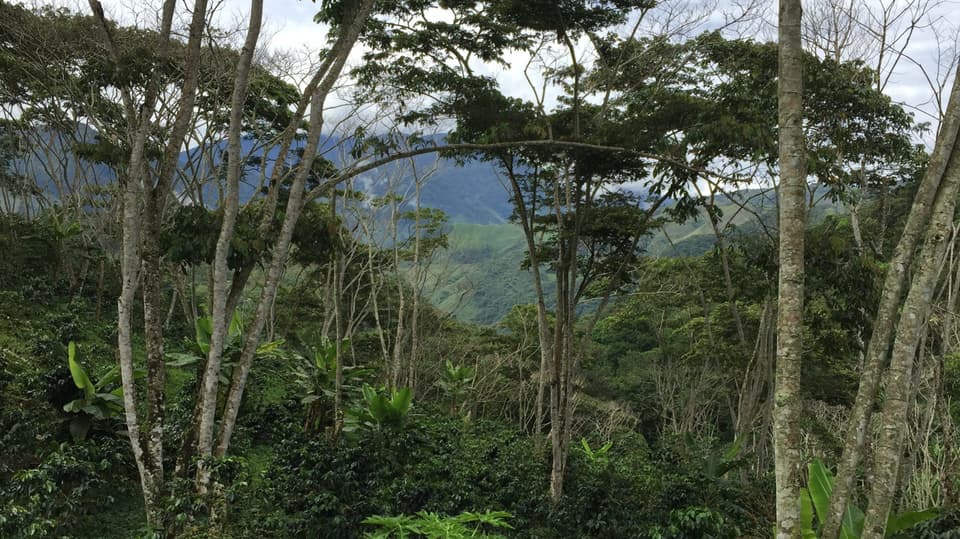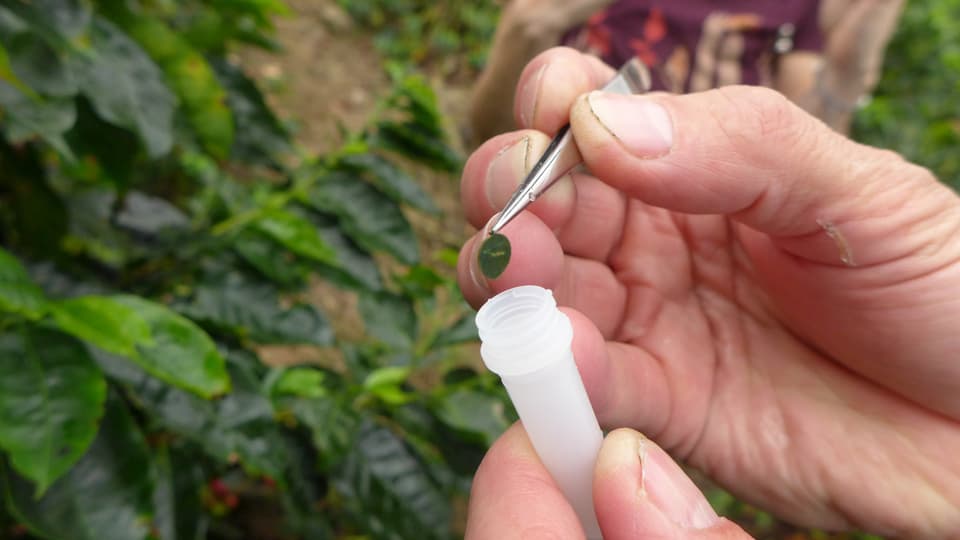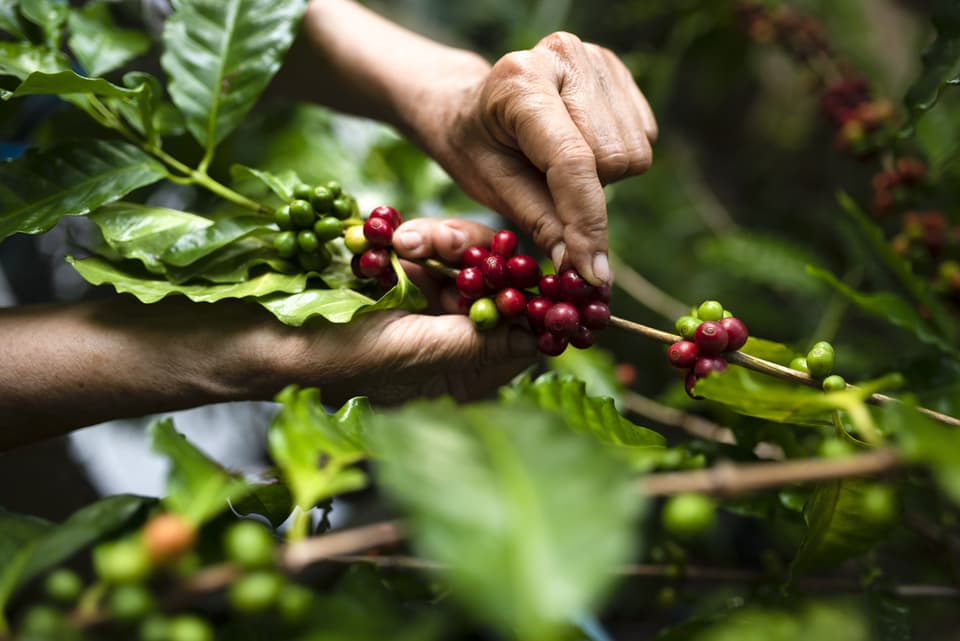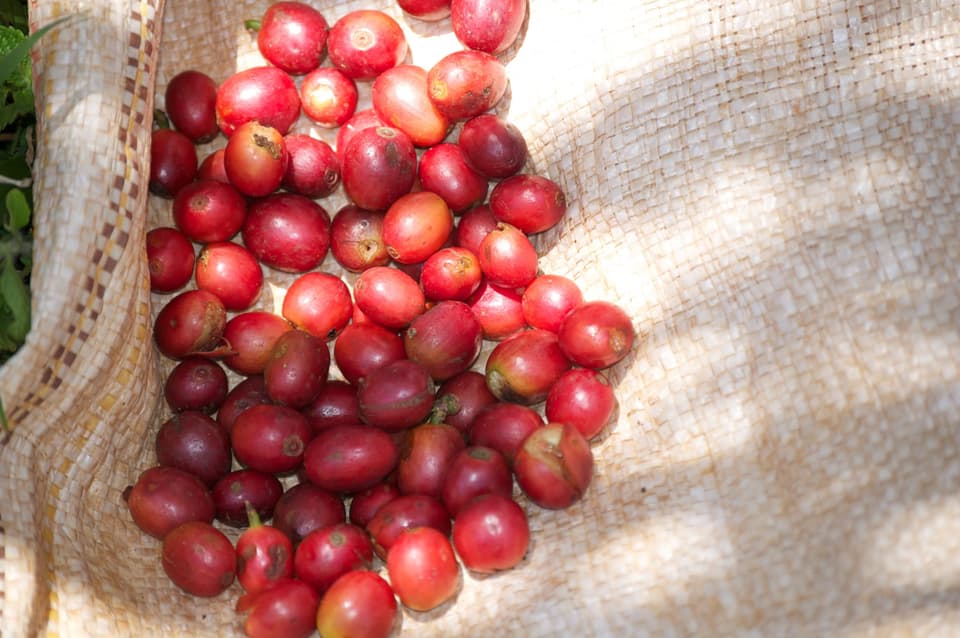Colombia is one of the world’s top three arabica coffee exporters, renowned for high-quality, washed arabica coffees with distinctive flavor profiles tied to diverse microclimates and elevations. Coffee is grown in 23 of the country’s 32 departments, primarily by smallholders—over 550,000 families depend on it for their livelihoods. The National Federation of Coffee Growers (FNC) plays a central role in research, extension, marketing, and stabilization of prices, including operating Cenicafé, one of the most advanced coffee research centers in the world. In recent years, Colombia has focused on breeding improved, rust-resistant varieties, including the release in 2024 of Castillo 2.0, in order to boost productivity and resilience. Colombia has one of the most advanced and integrated systems in the world for supporting farmers to renovate their land. In 2024, Colombia had 678,230 hectares (80.2%) planted in young trees (3–9 years old) using improved seeds and modern techniques, with another 155,392 hectares (18.4%) planted in older improved trees (>9 years old). Today, 87 percent of Colombia's coffee area is planted with rust-resistant varieties, a remarkable advancement from the 35 percent reported in 2010. Colombia continues to focus on developing high-value specialty markets, diversifying varieties for climate adaptation, and expanding sustainable farming practices.
1. Enveritas Global Farmer Study, 2018.
2. USDA Coffee Annual: Colombia, 2025










